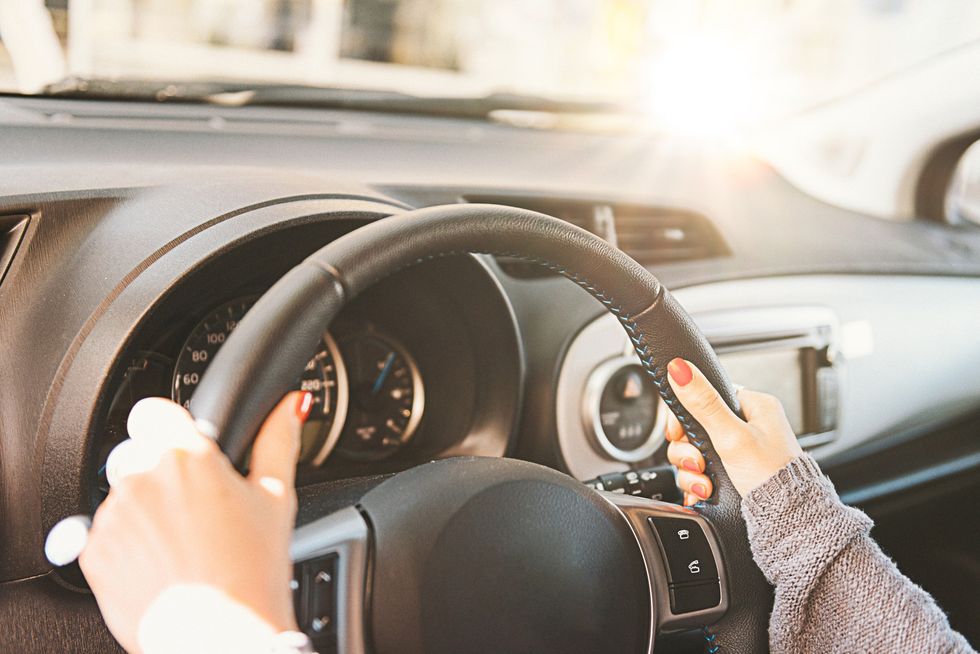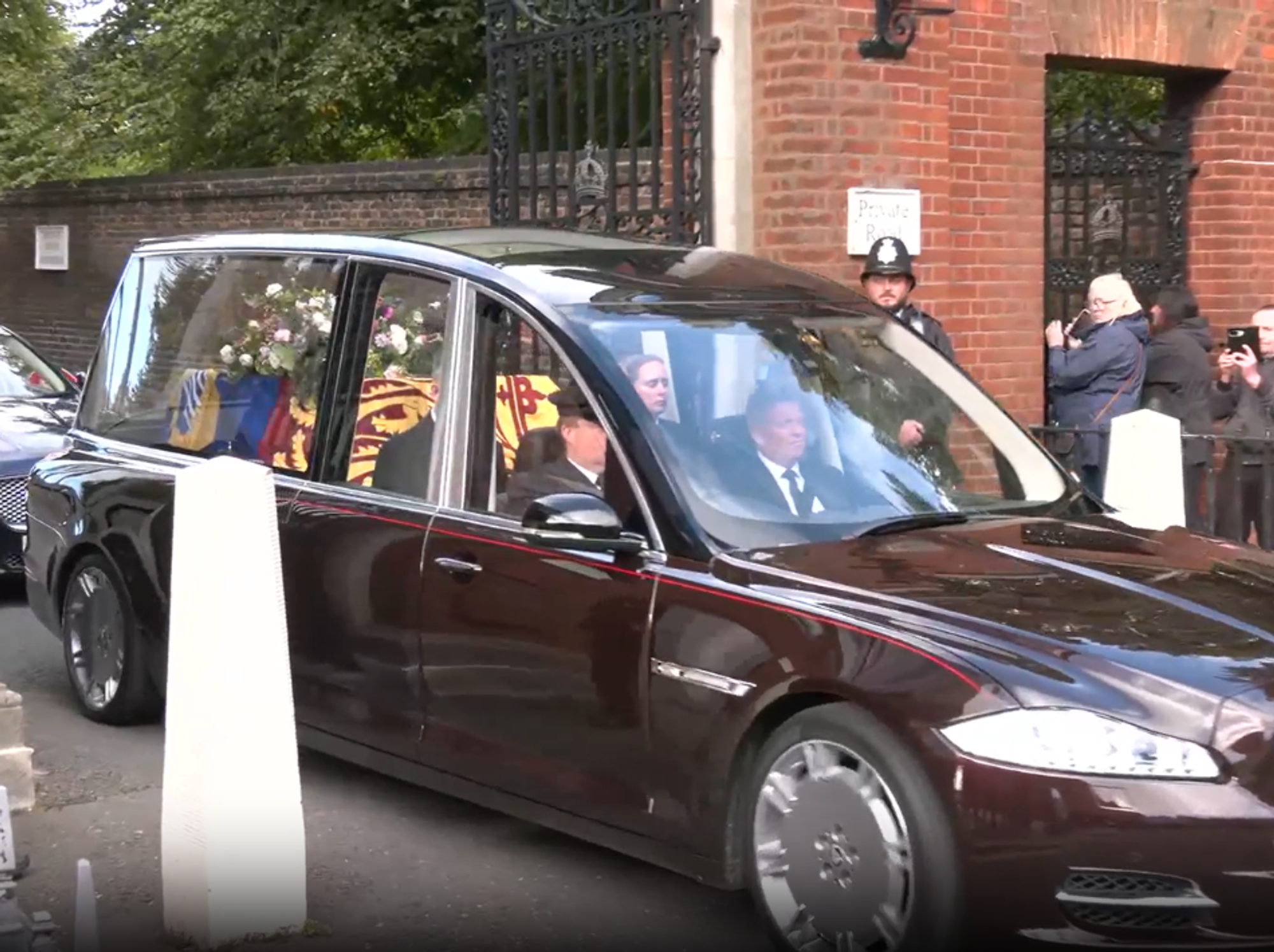Cars could be forced to ditch 'slow' touchscreens as 89 per cent of drivers prefer physical buttons

Nearly nine out of 10 UK drivers prefer having physical buttons and switches over touchscreens
Don't Miss
Most Read
Drivers have slammed touchscreens in cars as distracting and hard to navigate as they call for the return of physical buttons.
Nearly nine out of 10 UK drivers prefer having physical buttons and switches than touchscreen controls in their cars.
Data found that nearly two-thirds (60 per cent) of drivers said that they would be put off buying a vehicle that didn’t have traditional buttons and switches.
Only eight per cent stated they would be more attracted to a car that relied heavily on touchscreen controls, like a Tesla for example.
Do you have a story you'd like to share? Get in touch by emailing motoring@gbnews.uk
 A study found that reaction times when using touchscreens slowed by up to 57 per cent | GETTY
A study found that reaction times when using touchscreens slowed by up to 57 per cent | GETTYClaire Evans, consumer editor at What Car? said: “The key to providing the easiest-to-use, least distracting infotainment and air-con systems is to offer drivers plenty of control options.
“The very best systems, such as BMW’s iDrive, Renault’s OpenR and Volvo’s Google Built-in, give drivers a number of ways of accessing frequently used functions.
“In contrast, the touchscreen operation of infotainment systems is especially distracting if they are slow to respond or hide frequently used functions in sub- menus that are fiddly and time-consuming to navigate.”
A further 60 per cent of drivers claimed they get distracted when driving while operating their in-car controls, although these distractions were not limited solely to touchscreen interfaces.
The latest data from the Department for Transport found that driver distraction was a contributing factor in 29 per cent of all road deaths in 2022.
When asked why drivers preferred using buttons to touchscreens, safety and not having to take their eyes off the road were cited as the main reasons.
The research follows the news that Euro NCAP, the automotive safety industry body will be introducing new guidelines on touchscreens in cars.
It stated that from 2026, new guidance will be introduced to change key dashboard touchscreen functions in vehicles to physical switches instead.
The move follows the requirements of car manufacturers selling in Europe needing to have physical buttons for certain actions to be granted the highest safety ratings.
From January 2026, indicators, hazard warning lights, windscreen wipers, horns, and any other key safety features on the dashboard will have to be controlled by physical switches.
Matthew Avery, director of strategic development at Euro NCAP, said: “The overuse of touchscreens is an industry-wide problem.
“Almost every vehicle-maker moving key controls onto central touchscreens, obliging drivers to take their eyes off the road and raising the risk of distraction crashes.
LATEST DEVELOPMENTS:
- Driving law changes needed to avoid 'streets descending into chaos' and 'disaster' for UK road users
- Electric car switch in danger as drivers attack Hunt for ignoring 'bizarre tax' - 'enormously disappointing'
- Jaguar to end production of petrol and diesel vehicles as it moves to 'next-generation electric models'

Department for Transport found that driver distraction was a contributing factor in 29 per cent of all road deaths in 2022
| GETTYThe survey was backed up by a test of 20 infotainment systems.
Those with touchscreen-led interfaces and limited voice control systems were highlighted as more distracting and time-consuming to use while driving than those with physical controls or high-quality voice control systems.










